Raingardens and rainscapes are shallow planted areas which use natural processes to prevent groundwater pollution by storing and treating polluted water and silts running off the surface of the road. Rainscapes clean the water naturally by slowing and holding water to allow time, sunlight, vegetation and bacteria in the roots of the plants and soil to break down pollutants. Sustainable drainage techniques include swales, bioretention systems, green roofs, permeable paving, tree pits, basins, ponds and wetlands.
They are also excellent for mitigating flooding, and for nature and people: encouraging biodiversity and transforming public space. Through urban walkovers in Source Protection Zones and partnership work ChaMP has identified several sites in Brighton and Lewes for feasibility studies to see if we can develop these schemes locally.
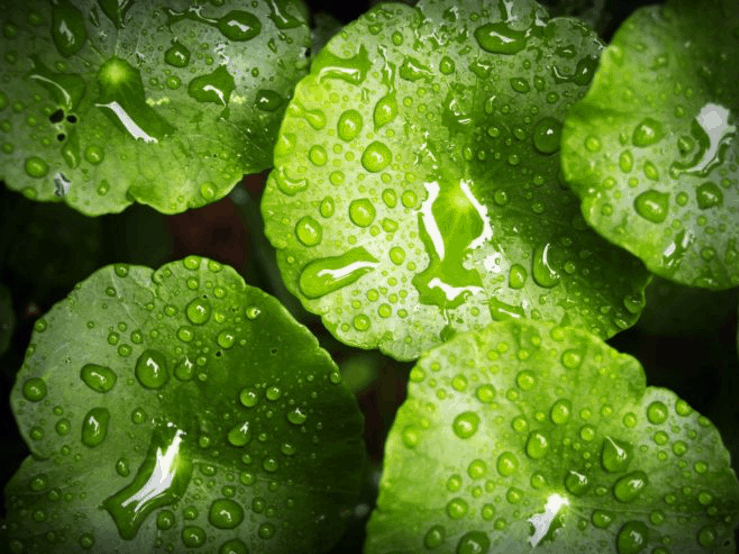


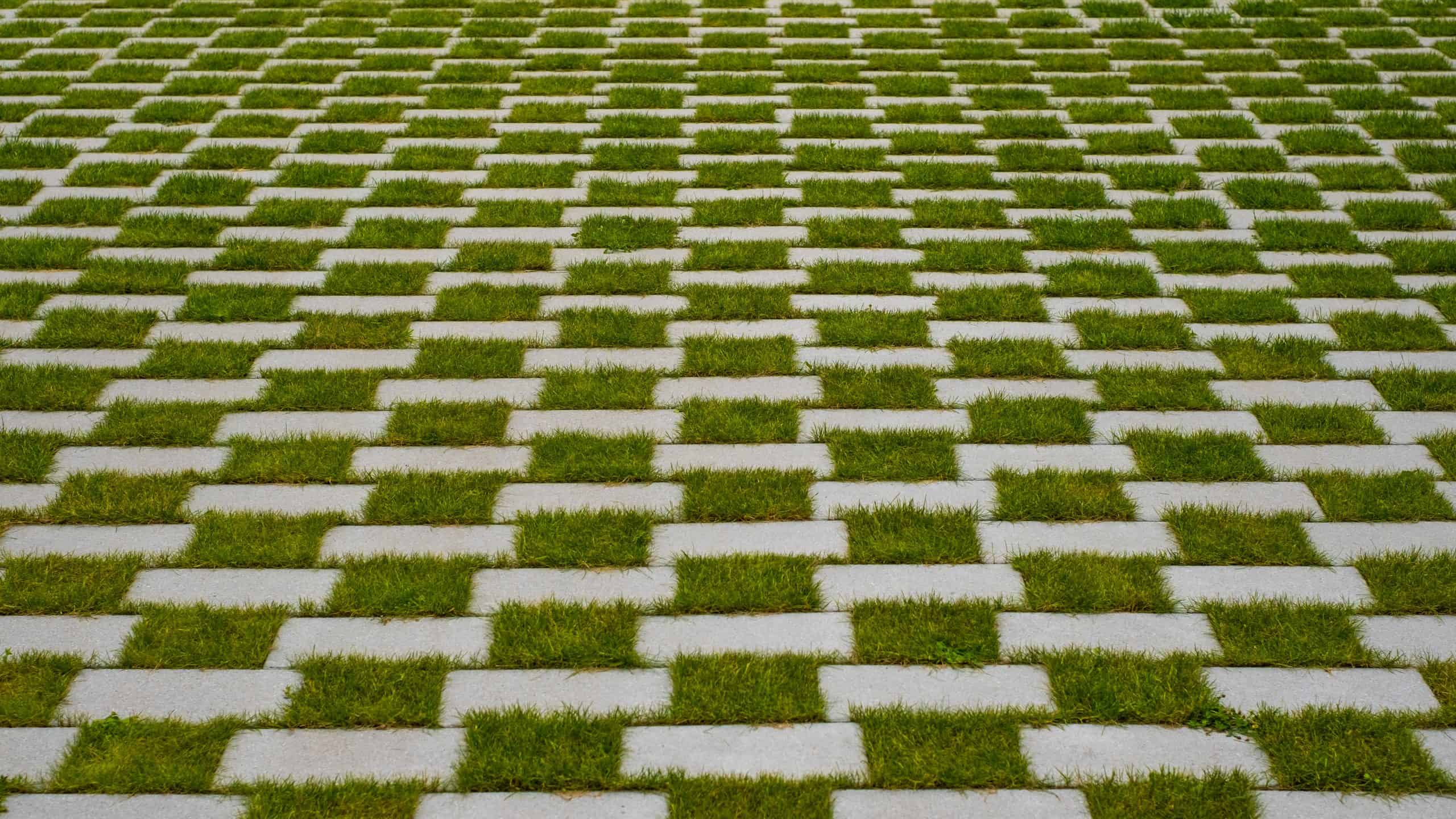
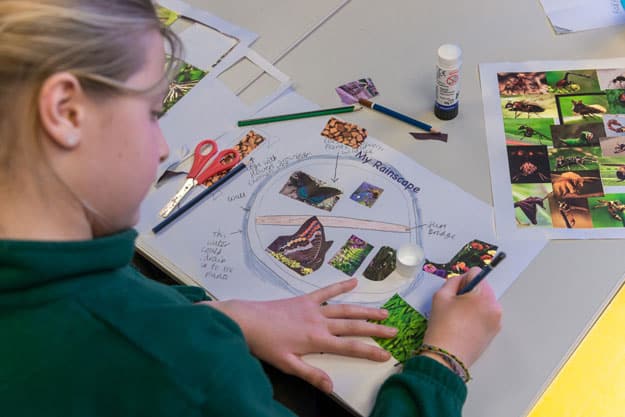
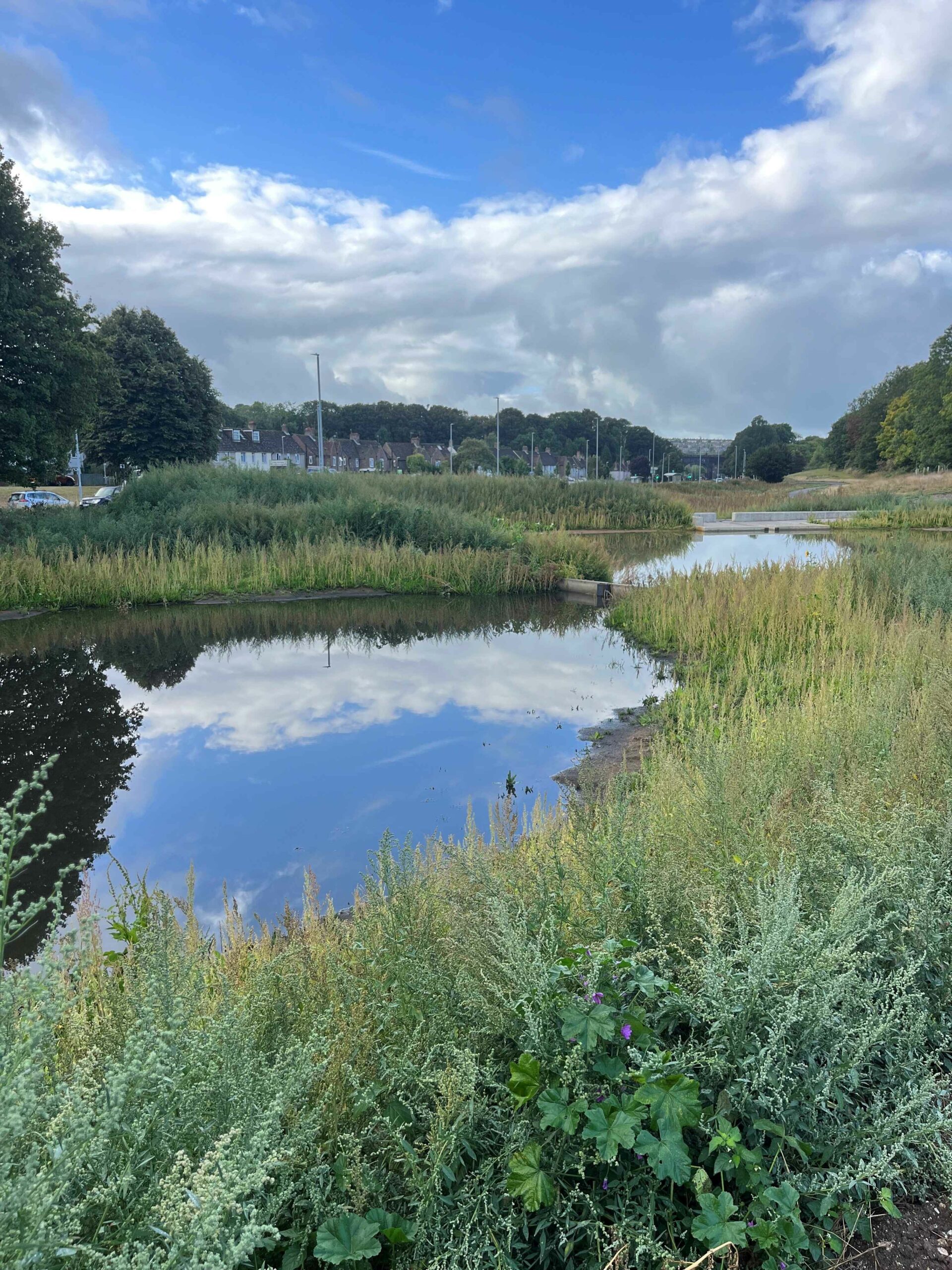
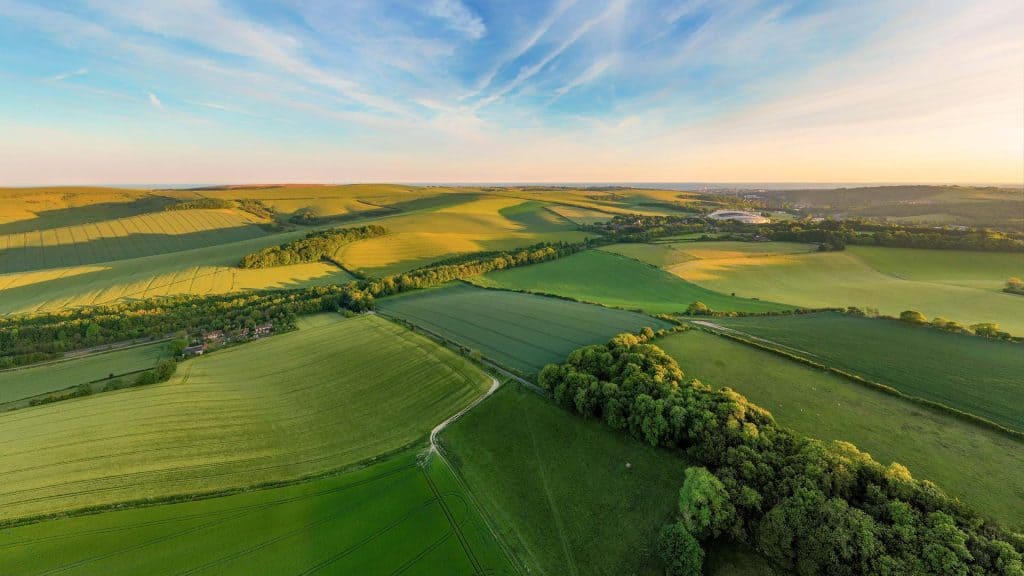
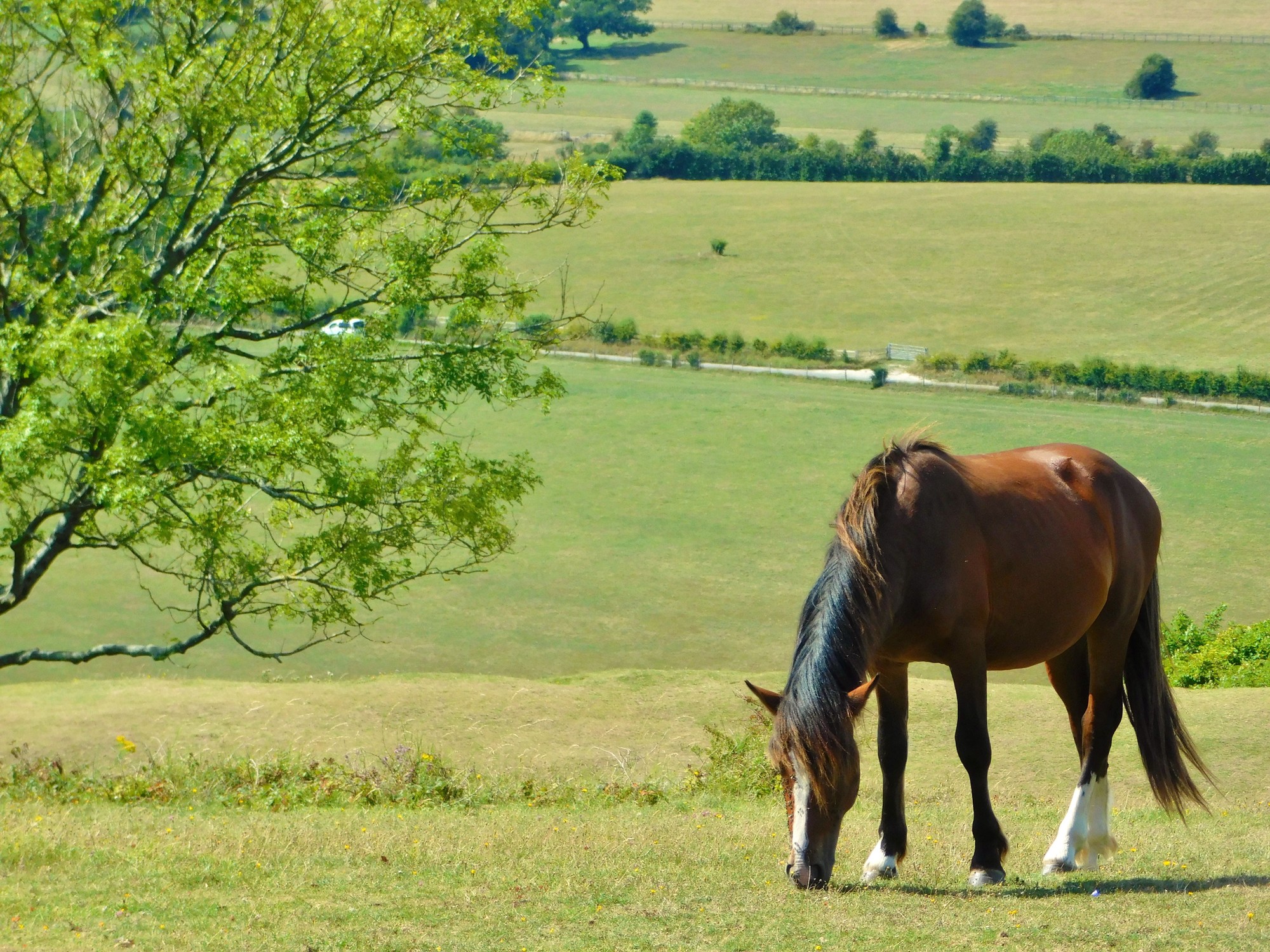

 Chrome
Chrome
 FireFox
FireFox
 Edge
Edge